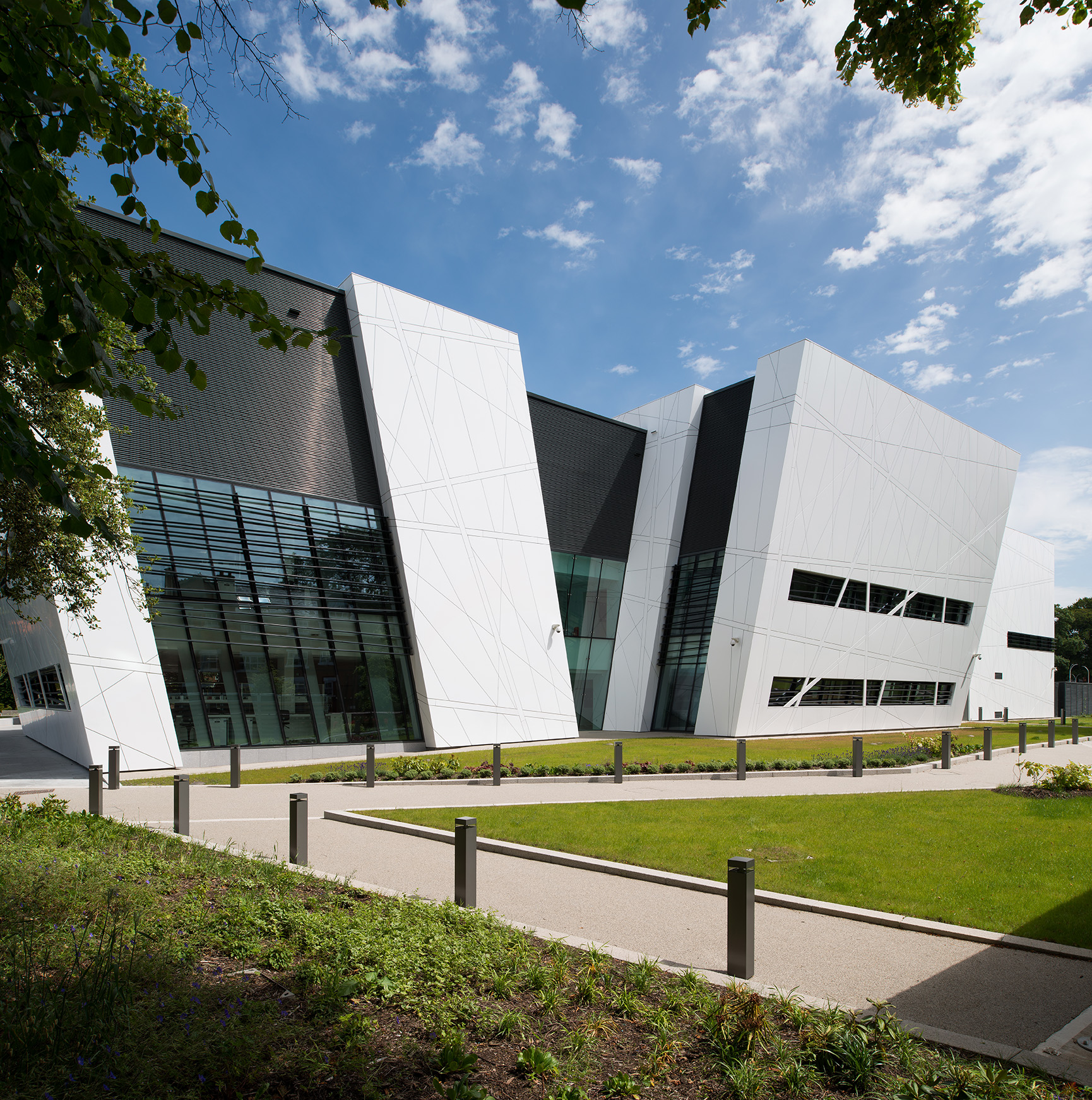Closing date: 04/04/2025
CRUK Black Leaders in Cancer Non-Clinical PhD Scholarship: Investigating the influence of the aged microbiome on the immune response to cancer
Lead Supervisors: Dr Jamie Honeychurch
Co-Supervisors: Dr Ana Vitlic, Dr Evangelos Giampazolias, Dr Simona Valletta, Dr Jonathan Lim
Applications Deadline: Friday 4th April 2025
Interviews: Week commencing 28th April 2025
Non-Clinical Studentship start date: September 2025
Project Keywords: Immunotherapy, Ageing, Microbiome
Research Opportunity: Non-Clinical Studentship leading to the award of PhD
Project Outline
Over the last decade, immunotherapy has transformed the clinical management of cancer, but responses remain limited to subsets of patients. The intestinal microbiome has emerged as a key regulator of cancer immunity and the efficacy of immunotherapy. Specific bacterial populations have been shown to correlate with response to immune checkpoint inhibitors (ICI), chemo and radiotherapy, and manipulation of the microbiota can potentially enhance treatment outcome. Both the immune system and the microbiome are known to change with age: T cells undergo a functional decline (immune senescence), and microbial diversity is known to alter and may contribute to the pathogenesis of inflammatory disorders. Despite this, the impact of age on the efficacy of anti-cancer therapies is poorly understood, and pre-clinical models investigating ageing are vastly underexplored.
This project seeks to examine the impact of age on the microbiome and immune response to cancer. Our preliminary data demonstrate that responses to immunotherapy approaches are significantly reduced in aged mice and that this is linked to changes in the T cell repertoire within the tumour microenvironment (TME). The project will use a unique faecal biobank from young and old mice, including longitudinal samples collected over 1.5 years, to explore the relationship between age, microbiome and cancer immunity. Age-related changes in microbial diversity will be determined and correlated with response to immunotherapy approaches. The impact of the aged microbiome on the immune response to cancer will be assessed using faecal microbial transplant and extensive profiling of the T cell landscape of the TME using flow, mass cytometry, immunohistochemistry and RNA sequencing.
The outcome of this project will be to provide novel insights into the impact of ageing on the microbiome and generation of effective immune responses to cancer, that have potentially important implications for the translation of immunotherapy approaches to elderly cancer patients.
Applications for this project are now open. Please complete your application on the Windsor Fellowship website.
About Dr Jamie Honeychurch (project Lead Supervisor)
Jamie Honeychurch is a senior lecturer in cancer immunology with over 25 years’ experience in pre-clinical discovery science in the field of immune oncology. He currently leads a programme of work investigating radiotherapy-immunotherapy combinations. His group are interested in understanding how radiotherapy can influence immune responses to cancer and how we can use immunotherapy to further enhance outcome. He is also Division PGR Tutor, Director of the MSc Oncology Research, lectures on several PGT programmes, and supervises numerous PhD, Masters and undergraduate students. He is actively involved in public engagement, mentorship and widening participation projects.

Key information
Before submitting an application, please ensure you have read the information below about the funding arrangements and eligibility for Non-Clinical Studentships.
We also encourage you to get in contact with the lead supervisor to discuss the project and any particulars.
Further information is available on the Non-Clinical PhD Studentships webpage.
Our Non-Clinical PhD Studentships are usually funded for four years, with funding covering:
- Project running costs
- University tuition fees university tuition fees (at the UK rate, with some scholarships available for high-performing EU/International candidates)
- An annual stipend of £21,000 to help with living costs
Studentships are highly competitive and so we encourage you to contact any supervisors who you are interested in working with before applying for our Non- Clinical PhD Studentships.
International Candidates
The University of Manchester aims to support the most outstanding applicants from outside the UK.
We are able to offer a limited number of bursaries to high-performing EU and international candidates, covering PhD fees only. Bursaries do not include financial support for visa/health surcharges.
We assess each EU and international candidate’s suitability for a bursary at the application and interview stages.
This programme is aimed at students from Black heritage backgrounds pursuing a PhD in cancer-related fields. This scheme is open to people who self-identify as being from a Black heritage background, including a mixed background, for example: Black African, Black Caribbean, Black Other, Mixed background (to include Black African, Black Caribbean or other Black backgrounds).
The funding for this studentship covers students with UK Home tuition fee status only. However, the CRUK Manchester Centre are able to offer a number of overseas fee scholarships to candidates deemed appointable at interview. These scholarships cover fees only and do not visa costs. In exceptional circumstances, funding for the international health surcharge (for the student only and not dependents) may be made available.
The standard CRUK Manchester Centre PhD programme and studentship academic eligibility criteria are:
- A first or upper second-class honours degree (or equivalent from a non-UK university) in a relevant subject.
- Appropriate research experience as part of, or outside of, an undergraduate or masters degree course in a relevant subject.
- Appropriate English language skills.
Applications for this programme are now open. Please follow the steps below to complete your application:
Step 1: Contact the MCRC Training team to discuss your suitability for your chosen project.
Step 2: Visit the Windsor Fellowship website for further details and to log your application with them.
Step 3: Please then submit a full application for a BLiC PhD on The University of Manchester application portal.
Key dates
- Applications open: Monday 3rd March 2025
- Application deadline: Friday 4th April 2025
- Interviews: Week commencing 28th April 2025
- Start date: September 2025
Useful Links
Submit your application
Interested in applying for this opportunity? Go to the Windsor Fellowship website to submit your application.
Non-Clinical PhD Studentships
Learn more about our Non-Clinical PhD Studentships.
Get in Touch
Contact Dr Yasmin Noori Jenaghard, Postgraduate Programme Manager.
Researcher Stories
Read first-hand experiences of from cancer scientists from across Manchester.
Why Manchester?
Find out why postgraduate students choose to study in Manchester.
A Day in the Life of a Non-Clinical PhD Student
Watch our short video to see what it's like to be a Non-Clinical PhD student in Manchester.





